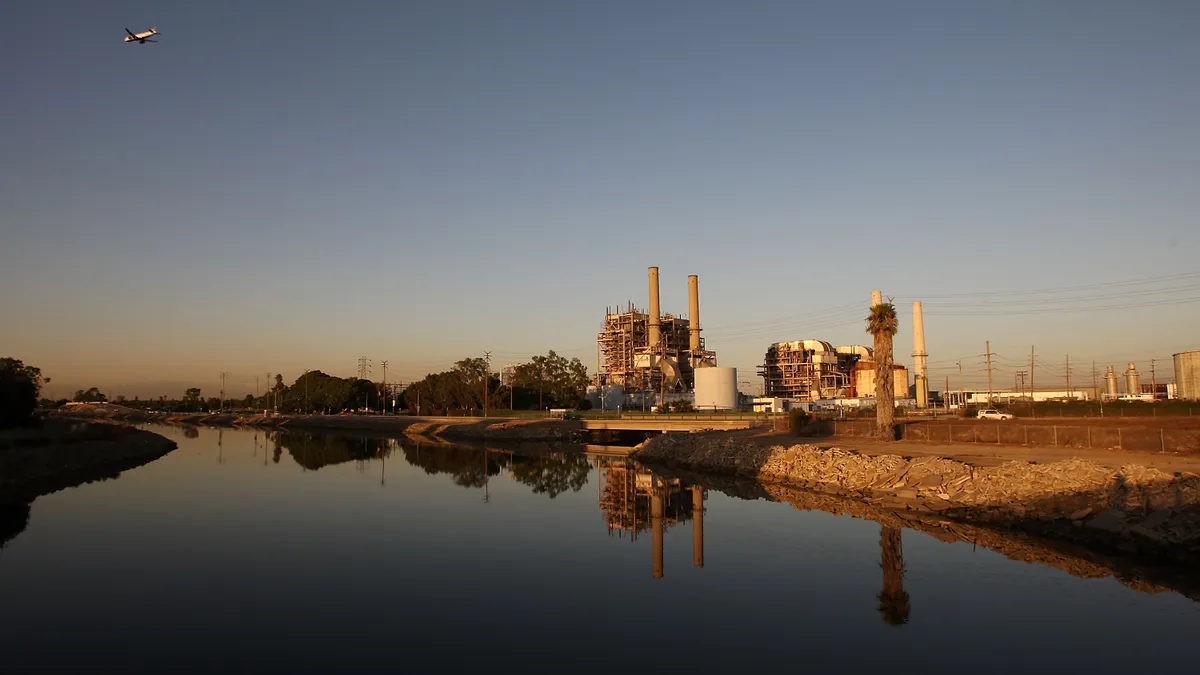Dive Brief:
- The US Conference of Mayors said in a statement it is "extremely disappointed" in the Environmental Protection Agency’s (EPA) plan to replace the Obama administration’s Clean Power Plan (CPP) with a less stringent carbon emissions rule for the power sector.
- The non-partisan organization, which represents cities with a population of 30,000 or more, said the rise in greenhouse gas emissions and the impact of climate change is having a "very real impact" on the "health and economic vitality of our communities."
- "The challenge to address climate change is an urgent one and requires bold action," Conference of Mayors President and Columbia, SC Mayor Steve Benjamin said in a statement. "The time is now to come together and redouble our efforts to protect our children and give them a cleaner, safer and healthier future."
Dive Insight:
Cities have been concerned for a while about the EPA’s proposed rollback, with the Climate Mayors coalition sending a letter earlier this year to the agency opposing its plan. Mayors from more than 200 cities signed the joint letter to then-Administrator Scott Pruitt warning of effects from climate change like rising temperatures, more extreme weather and more climate-related deaths.
Climate change remains a real concern for cities. A recent survey shows 80% of mayors believe tackling it is very or somewhat important, although financing projects to do so remain the biggest barrier to progress. But there have been moves in recent times among city leaders who believe they must lead the way in tackling climate change. That includes the U.S. Conference of Mayors itself, which at its annual meeting said they must step up with the federal government seemingly abdicating its leadership position in many policy areas.
In his statement on the CPP, Benjamin said cities "can’t do it alone," and called on President Trump and the federal government "to stand with us and support necessary programs and policies that encourage utilities to utilize more low carbon energy sources." But there appears to be little hope or prospect of that happening, and with initiatives like the We Are Still In coalition vowing to uphold the terms of the Paris climate accord, city leaders are looking to themselves and their peers to lead the way on combating climate change.











